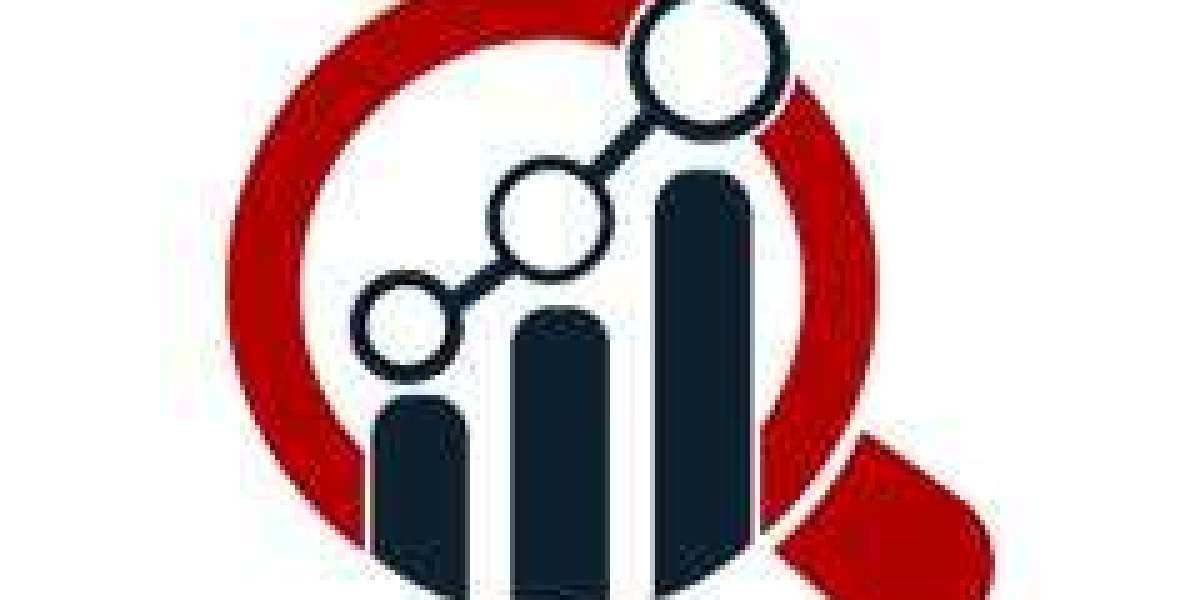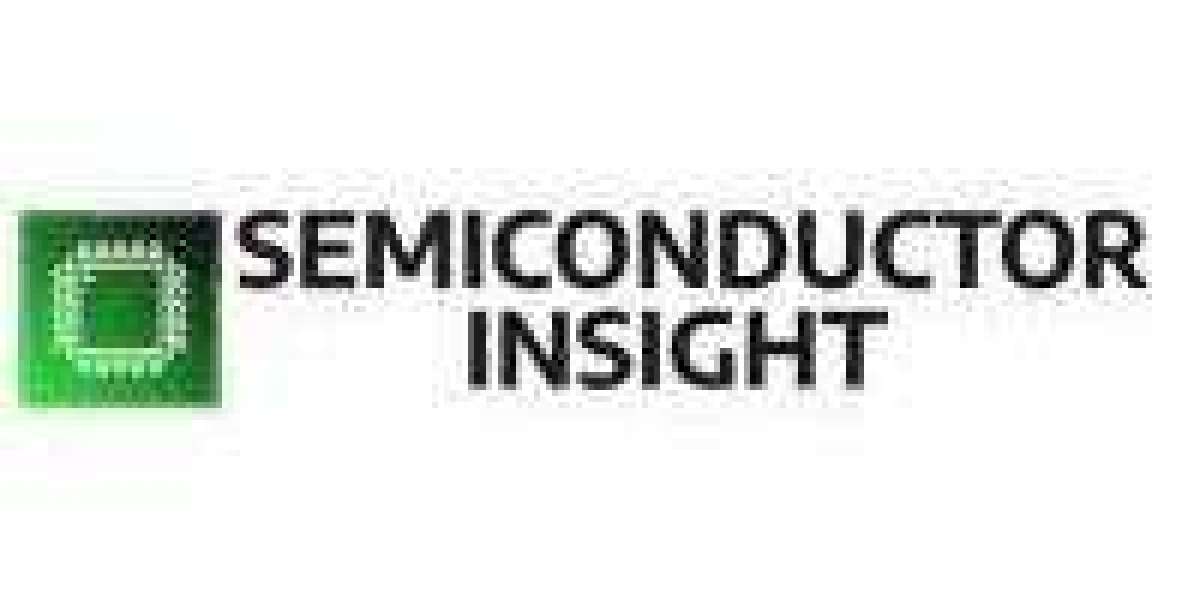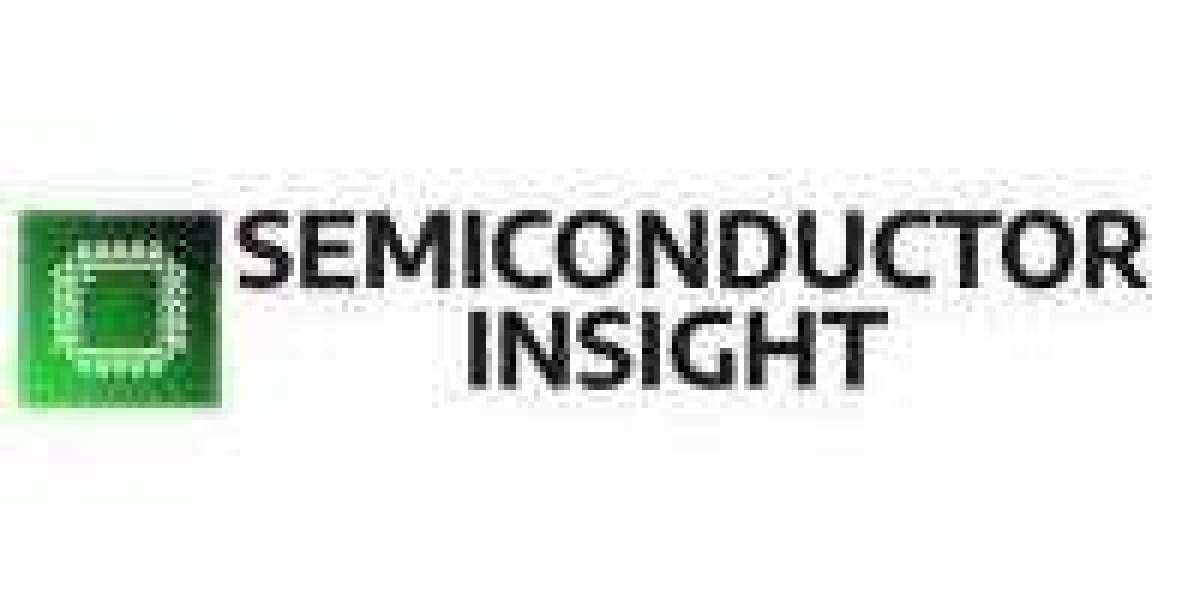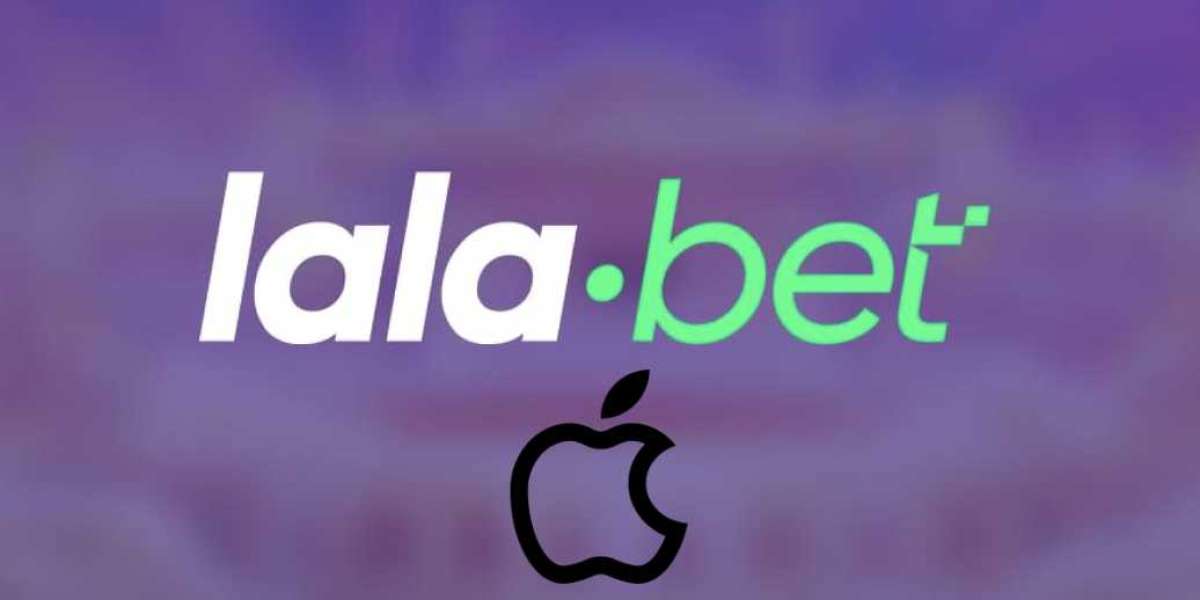Market Overview:
In recent years, the US patient engagement solutions market has witnessed remarkable growth, fueled by advancements in healthcare technology solutions and a growing emphasis on patient-centered care. Patient engagement solutions encompass a range of digital platforms and tools designed to empower patients, improve communication between patients and healthcare providers, and enhance health outcomes. One key component of this market is patient-centered care platforms, which prioritize the needs and preferences of patients, fostering collaboration and shared decision-making between patients and healthcare professionals.
Digital patient engagement tools play a crucial role in connecting patients with their healthcare providers and facilitating access to information and resources. These tools include patient portals, mobile apps, and wearable devices that enable patients to schedule appointments, access medical records, and receive personalized health recommendations. By empowering patients to take an active role in their healthcare journey, digital patient engagement tools promote self-management and adherence to treatment plans, leading to improved health outcomes and patient satisfaction. Remote patient monitoring (RPM) systems represent another significant segment of the US patient engagement solutions market, offering real-time monitoring of patients' vital signs and health parameters from the comfort of their homes. RPM systems utilize connected devices, such as wearable sensors and smart scales, to collect and transmit data to healthcare providers, allowing for early detection of health issues and timely intervention. These systems are particularly valuable for managing chronic conditions, such as diabetes and hypertension, by enabling proactive care and reducing the need for frequent hospital visits.
Market Dynamics
The US Patient Engagement Solutions Market is evolving rapidly due to several key factors. The increasing focus on enhancing patient outcomes and engagement is a significant driver, with healthcare providers and patients alike seeking solutions that improve care quality and efficiency. Advances in technology, such as the rise of mobile health apps, telemedicine platforms, and wearable devices, are transforming how patients interact with their healthcare systems, making these solutions more accessible and effective.
The shift towards value-based care models is another crucial dynamic. This approach incentivizes healthcare providers to enhance patient engagement and satisfaction by improving care management and patient education. Additionally, supportive regulatory frameworks, such as the 21st Century Cures Act, which promotes the use of electronic health records (EHRs) and patient portals, further boost the market.
Market Segmentation
Component: The market is segmented into various components, including hardware, software, and services. Hardware components cover devices like wearable health monitors and patient engagement kiosks, while software includes mobile apps and patient portals. Services encompass consultation, training, and support, essential for the effective implementation and utilization of these solutions.
Delivery Mode: This segmentation includes on-premise and cloud-based solutions. Cloud-based delivery is becoming increasingly popular due to its scalability, ease of access, and cost-effectiveness, allowing healthcare organizations to deploy patient engagement tools with greater flexibility.
Application: Patient engagement solutions are used in multiple applications, such as chronic disease management, wellness and preventive care, and patient-provider communication. Chronic disease management tools are particularly important for patients with long-term conditions like diabetes or hypertension, while wellness and preventive care solutions focus on promoting healthy lifestyles and early intervention.
Therapeutic Area: This segmentation covers different therapeutic areas where patient engagement solutions are applied, including oncology, cardiology, endocrinology, and others. Each therapeutic area has unique needs and requirements, influencing the type of engagement tools used.
Functionality: Patient engagement solutions offer various functionalities such as appointment scheduling, medication management, health monitoring, and communication with healthcare providers. Each functionality addresses specific aspects of patient care, enhancing overall engagement and adherence.
End-User: The market is segmented by end-users, including healthcare providers (hospitals, clinics, and primary care practices), payers (insurance companies), and patients. Healthcare providers are the largest users, employing these solutions to improve care delivery and patient interaction. Payers utilize engagement tools to manage care programs and outreach, while patients benefit from enhanced access to health information and care coordination.
Chronic disease management platforms are integral to the US patient engagement solutions market, providing comprehensive support for patients with long-term health conditions. These platforms offer tools for symptom tracking, medication management, and lifestyle modification, empowering patients to better manage their health and prevent disease complications. By facilitating communication between patients, caregivers, and healthcare providers, chronic disease management platforms promote continuity of care and optimize treatment outcomes. Patient satisfaction measurement tools play a critical role in assessing and improving the quality of healthcare delivery. These tools utilize surveys, feedback mechanisms, and performance metrics to gauge patients' experiences and perceptions of care. By capturing valuable insights into patient satisfaction and preferences, healthcare providers can identify areas for improvement and implement targeted interventions to enhance the patient experience and strengthen patient-provider relationships.
The US patient engagement solutions market is poised for continued growth and innovation, driven by the increasing adoption of healthcare technology solutions and a growing recognition of the importance of patient-centered care. With the rise of digital patient engagement tools, remote patient monitoring systems, and chronic disease management platforms, patients have unprecedented access to resources and support to actively participate in their healthcare journey. As healthcare continues to evolve, patient engagement solutions will play an increasingly integral role in improving health outcomes, enhancing patient satisfaction, and transforming the delivery of care.
For more information visit at MarketResearchFuture
Other Trending Reports
central venous catheter market
US patient engagement solutions Market
Tangential Flow Filtration Market
Influenza Tests Devices Market



